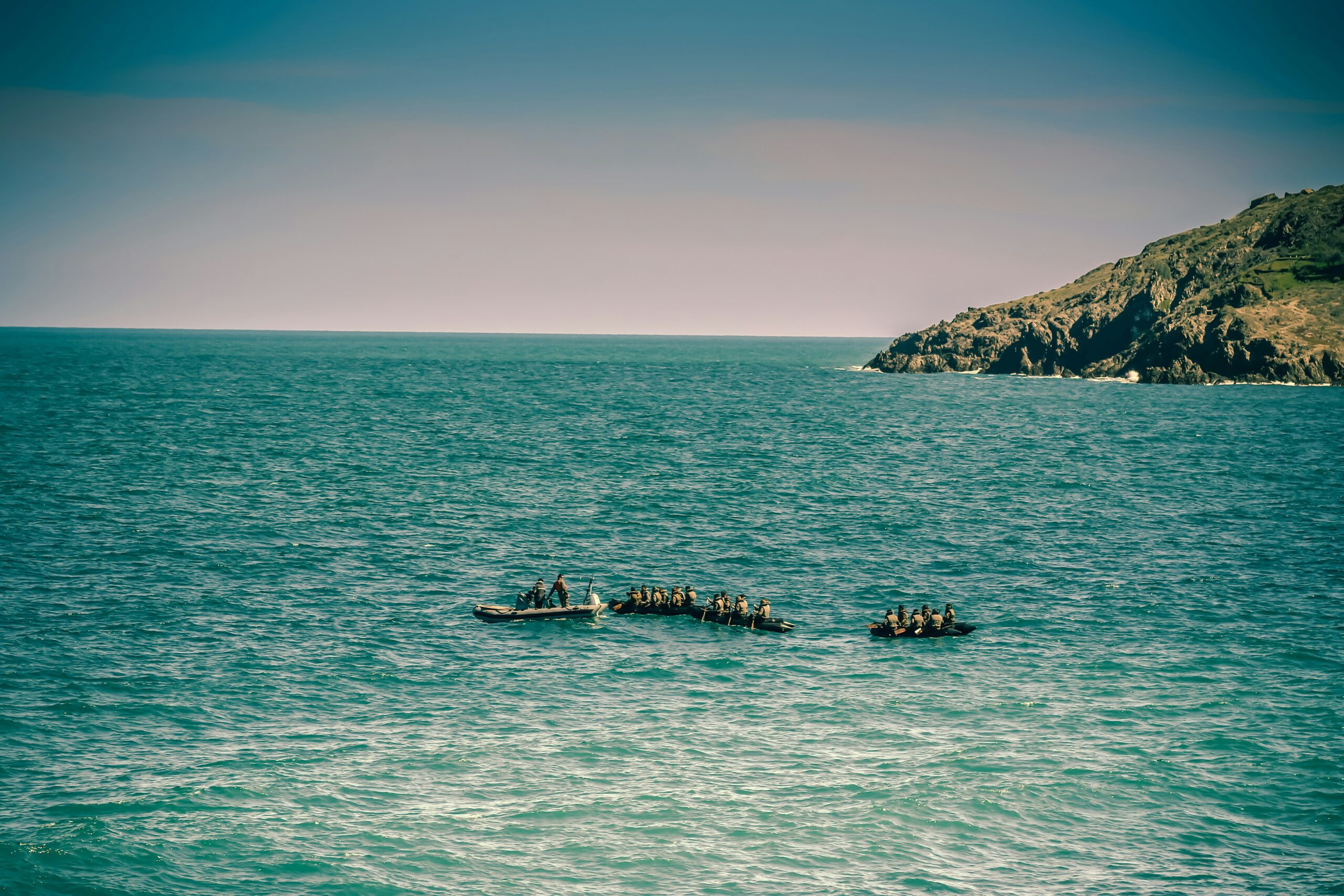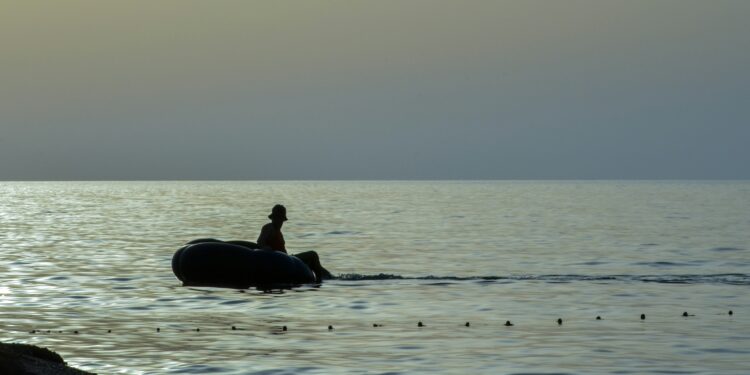Spain is facing growing pressure as hundreds of migrants continue to arrive on the Balearic Islands, exposing how fragile the country’s border management has become. The recent wave of arrivals shows that Spain is losing control of the situation, and that smugglers are taking advantage of weak enforcement and diplomatic tension with Algeria.
A Sudden Influx Spain Was Not Ready For
In the past few days, nearly 20 boats carrying more than 360 people have reached the Balearic Islands, a sharp rise that has left local authorities struggling to cope. Most of these boats came from Algeria, now the main point of departure for migrants trying to reach Europe through the Western Mediterranean.
The change in smuggling routes is not random. Smugglers are now turning away from Morocco, where patrols have become stricter, and using Algeria instead. Faster, smaller boats are being deployed, making detection harder.
Spanish border officials admit privately that the situation is getting out of hand, and that Spain is losing control as migrants flood the Balearic Islands faster than ever before.

Relations With Algeria Make Things Worse
The problem has been made worse by diplomatic tension between Spain and Algeria. Relations broke down in 2022 after Spain sided with Morocco over the Western Sahara dispute. Since then, Algeria has refused to cooperate fully on migrant deportations, making it harder for Spain to send back those who arrive illegally.
Although Spain’s Interior Minister recently met with Algeria’s president to mend ties, progress has been slow. The Spanish government knows it needs Algeria’s cooperation, but politics and mistrust are standing in the way. Until relations improve, the migrant boats will keep coming.
The Balearic Islands Sound the Alarm
Local leaders in the Balearics are warning that their resources are stretched thin. Marga Prohens, the regional head, said the islands need stronger border protection and better coordination with Madrid. She described the current situation as “unsustainable,” pointing to overcrowded shelters and exhausted security officers.
Official figures show that more than 6,000 people have arrived in the Balearics so far this year a 66% increase compared to last year. Many residents are worried that the islands, which rely heavily on tourism, are becoming a new frontline in Europe’s migration crisis.
Shifting Routes, Rising Tensions
Data from the EU’s Frontex agency confirms that the Western Mediterranean route is now one of the fastest-growing migration paths into Europe. While overall arrivals to the EU have dropped, traffic into Spain’s Balearics has soared. Migrants from sub-Saharan Africa are also joining Algerians on these dangerous journeys, risking their lives in overcrowded boats.
This shift suggests that migration pressure is not easing, it’s simply moving. As one security analyst put it, “When you close one door, another opens.” Spain’s authorities may claim to be in control, but the surge in the Balearics tells a different story.
Spain at a Crossroads
The growing crisis is forcing Spain to confront a difficult truth, the country cannot manage this alone. Without real cooperation from Algeria and stronger border systems, the pattern will continue. The Balearic Islands will keep receiving waves of migrants, and Spain’s claim of control will sound increasingly hollow.
In the end, this situation is not just about boats or borders. It is about credibility. As migrants flood the Balearic Islands, Spain risks losing control not only of its frontiers, but also of the narrative and the trust of its own citizens.

















